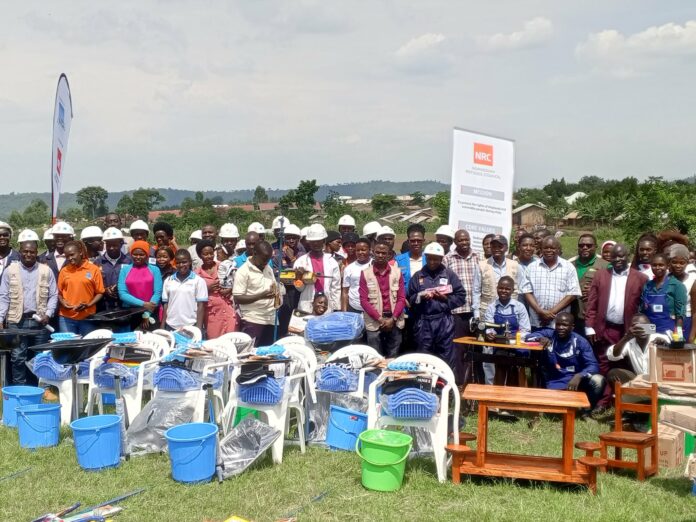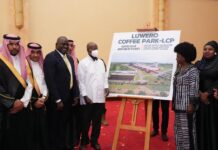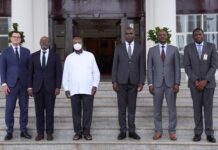By Johnson Kanyesige
In Kyangwali Refugee Settlement and the surrounding host communities in Kikuube district, parents and guardians have been strongly urged to keep their children in school as a vital step toward sustainable development within their homes and communities. Education is recognized as a critical tool for securing a better future and breaking cycles of poverty and vulnerability that affect both refugee and host populations.
The settlement, which is home to 145,620 refugees, mainly from the Democratic Republic of Congo and South Sudan, with many children facing significant barriers to accessing quality education. Challenges include overcrowded classrooms, insufficient school infrastructure, lack of textbooks, and limited secondary education opportunities, there is only one secondary school serving the entire settlement, leaving several of eligible learners without access.
Parents and guardians play a crucial role in encouraging school attendance and supporting children’s education, according to Mr. Deogratius Byakagaba, the Kikuube district education officer for Kikuube.
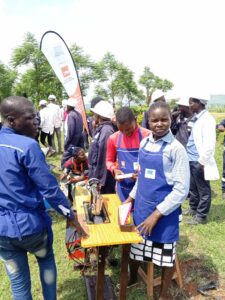 Byakagaba made the call Tuesday during the graduation and handover of Start Up Kits to a total of 269 refugees and host communities who have completed a six-month skilling program sponsored by Norwegian Refugee Council (NRC) and Conrad N Hilton Foundation at Maratatu Vocational center in Kyangwali Refugee Settlement.
Byakagaba made the call Tuesday during the graduation and handover of Start Up Kits to a total of 269 refugees and host communities who have completed a six-month skilling program sponsored by Norwegian Refugee Council (NRC) and Conrad N Hilton Foundation at Maratatu Vocational center in Kyangwali Refugee Settlement.
According to Byakagaba, some parents are found of sending their children on the streets especially in settlement areas to sell merchandise as early as 9am which makes them miss school. “There is no way you will develop if you do not take your children to school, when we were coming here, we found children selling tomatoes as early as 9am, Byakagaba added.
Olga Namara Ruza, a deputy field officer and education focal person at United Nations High Commissioner Refugees (UNHCR) has commended NRC for the skilling program and providing start-up kits to the beneficiaries.
Olga mobilized the beneficiaries to effectively utilize the kits and train the rest of the community to create a lasting impact on many lives.
Melchizedek Malile, the Area Manager at NRC says the Directorate of Industrial Training (DIT) has assessed the trainees before they are awarded with certificates, and NRC has provided them with startup kits and cash to begin a new life to ensure their dreams remain valid as they work towards improving their household income amidst dwindling support from donors.
Some of the beneficiaries who include Namaja Catherine who has been trained in mechanics have commended the Norwegian Refugee Council for the opportunity to acquire mechanical skills which she says is already putting into practice at one of the local garages.
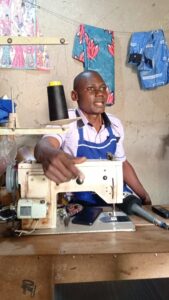 Mandro Dhedjo, a refugee from DR Congo says he enrolled for the tailoring program under the Scale Project sponsored by NRC in 2024 when he used to engage in Boda Boda riding and farming.
Mandro Dhedjo, a refugee from DR Congo says he enrolled for the tailoring program under the Scale Project sponsored by NRC in 2024 when he used to engage in Boda Boda riding and farming.
In 2024, he joined the Scale Project when he completed a six-month tailoring program at a time he struggled to make ends meet for a family of four, however the skills he acquired have helped him make increased income through opening up a shop where he earns more than 20K a day.

